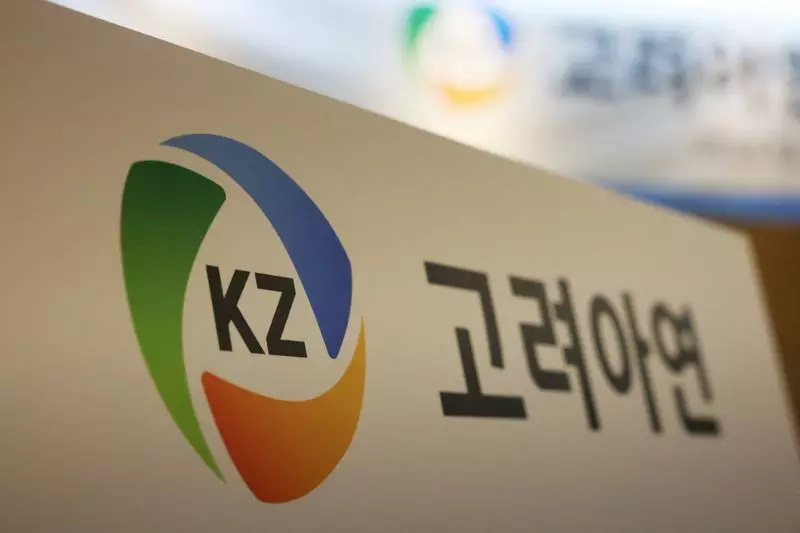Korea Zinc, a major player in the global zinc refining industry, recently announced a significant share sale plan valued at approximately $1.8 billion. However, this plan encountered a major setback when the South Korean financial regulator imposed a suspension following questions raised about the legitimacy and transparency of the proposed sale. The Financial Supervisory Service (FSS) cited numerous deficiencies in the original filing, including an inadequate explanation of the decision-making process and due diligence by the appointed bookrunner. As a result, Korea Zinc is now under a regulatory microscope, compelled to revise its plans, or risk having the offer deemed withdrawn.
The Regulatory Response
The suspension of Korea Zinc’s share sale by the FSS underscores the stringent oversight mechanisms in place within South Korea’s financial landscape. Regulatory authorities are tasked with ensuring fair market practices, and they have the power to intervene when there are perceived inconsistencies or potential misrepresentations. In this case, the FSS highlighted discrepancies between Korea Zinc’s recent share sale notification and previous tender offers, raising serious flags regarding the legitimacy of the company’s motives. The authorities are primarily concerned with maintaining investor protection and market integrity, which may arguably lead to more comprehensive investigations of corporate behavior.
In response to the FSS’s actions, Korea Zinc has defended itself vehemently, stating that the concerns raised regarding the public offering process are “completely unfounded.” The company has clarified that the consideration for its public offering emerged only after a previous buyback concluded on October 23, positing an argument meant to alleviate fears of impropriety. However, the timing of the share sale initiative—coming just days after a share repurchase at a higher price—has understandably drawn scrutiny from regulators and investors alike.
Following the suspension announcement, Korea Zinc’s shares plummeted by as much as 8%, reflecting investor concern and market apprehension about the company’s operational integrity. This stock price drop exacerbates the challenges facing Korea Zinc, which is already embroiled in internal conflicts for control of its considerable zinc empire. The ongoing tussle between the Choi family and the co-founding Chang family has further complicated the situation, as external stakeholders may view political strife as indicative of a less stable company environment.
Looking Ahead
The future for Korea Zinc hinges on its ability to satisfy regulatory demands and restore investor confidence. The company must craft a revised share sale plan that addresses all critiques levied by the FSS within the coming three months; failing to do so will lead to the abandonment of its proposed capital-raising efforts. As the company seeks to navigate this landscape, its focus should be not only on regulatory compliance but also on reassuring stakeholders about its governance practices. Moving forward, Korea Zinc will need to reinforce its commitment to transparency and integrity if it hopes to regain its standing in the market and successfully execute its ambitious financial plans.

